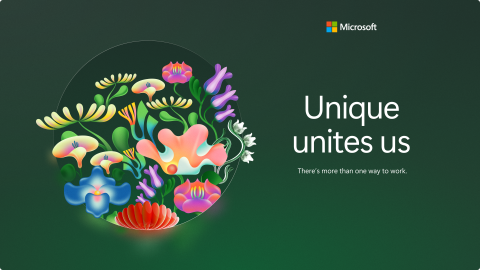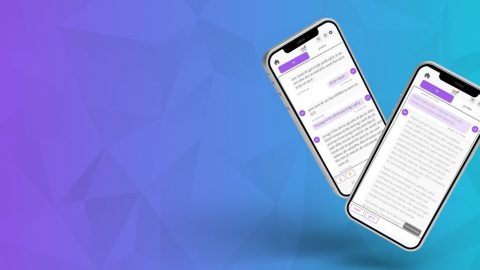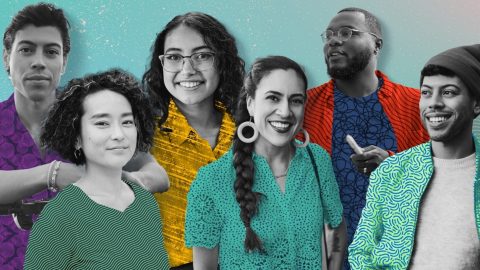Co-creation as a force to drive inclusive design awareness
There are 85 million people with disabilities in China, yet many do no have access to the assistive technology (AT) they need. Although accessibility access is improving, it is limited for many people with disabilities who in turn feel isolated due to physical and social barriers.
Inclusive Design Lab is a co-design experience run by MustardTek that serves to break down these barriers. Through a co-design process, participants recognize exclusion and learn from diverse experiences. By prototyping customized assistive solutions, participants realize that their decisions can result in exclusion or inclusion.
MustardTek co-designers and employees include a small working team of four founders and four employees with lived disability experience. The company strives to empower people with disabilities and create solutions for themselves and their communities. Its Inclusive Design Lab also provides opportunities for people without disabilities to experience how design can impact inclusion, accessibility and culture.
To run the labs, the team uses micro:bit, an open source hardware ARM-based embedded system, as the core hardware while Jacdac extends the functionality allowing for quick design and the building of customized assistive devices. The micro:bit is an easy-to-program device that fits into the palm of your hand, and Jacdac allows plug & play connection of all manner of inputs and outputs to support the creation of customized low-cost devices for accessibility.
Although the output is assistive technology, the value of the experience is in the co-creation process. Participants initially come with the mindset of helping people with disabilities, however, they quickly realize they have a lot to learn about design from their co-designers with disabilities. The short learning curve allows participants to spend most of their time engaging with their co-designers and discovering insights. For those who are more technically advanced, they can use JavaScript or Python to program more complex functionality. For instance, one example of the technology in action was to design an accessible doorbell for someone who is deaf, focusing on light input as opposed to sound.

Supported by a Microsoft Accessibility Innovation grant, MustardTek hired four fulltime employees and co-designed with another 35 people with disabilities. Over one year, they were able to produce seven Inclusive Design Labs projects, providing an opportunity for 150 students without disabilities to connect and learn from people with disabilities.
The work was chosen by Maker Faire Shanghai as “Maker of Merit” and partnered with five disability-focused nonprofit organizations.
The outputs were threefold — to develop a customized assistive device to overcome barriers to accessibility, learn to empathize and connect with others, and see the world from a different perspective while learning from inclusion.








